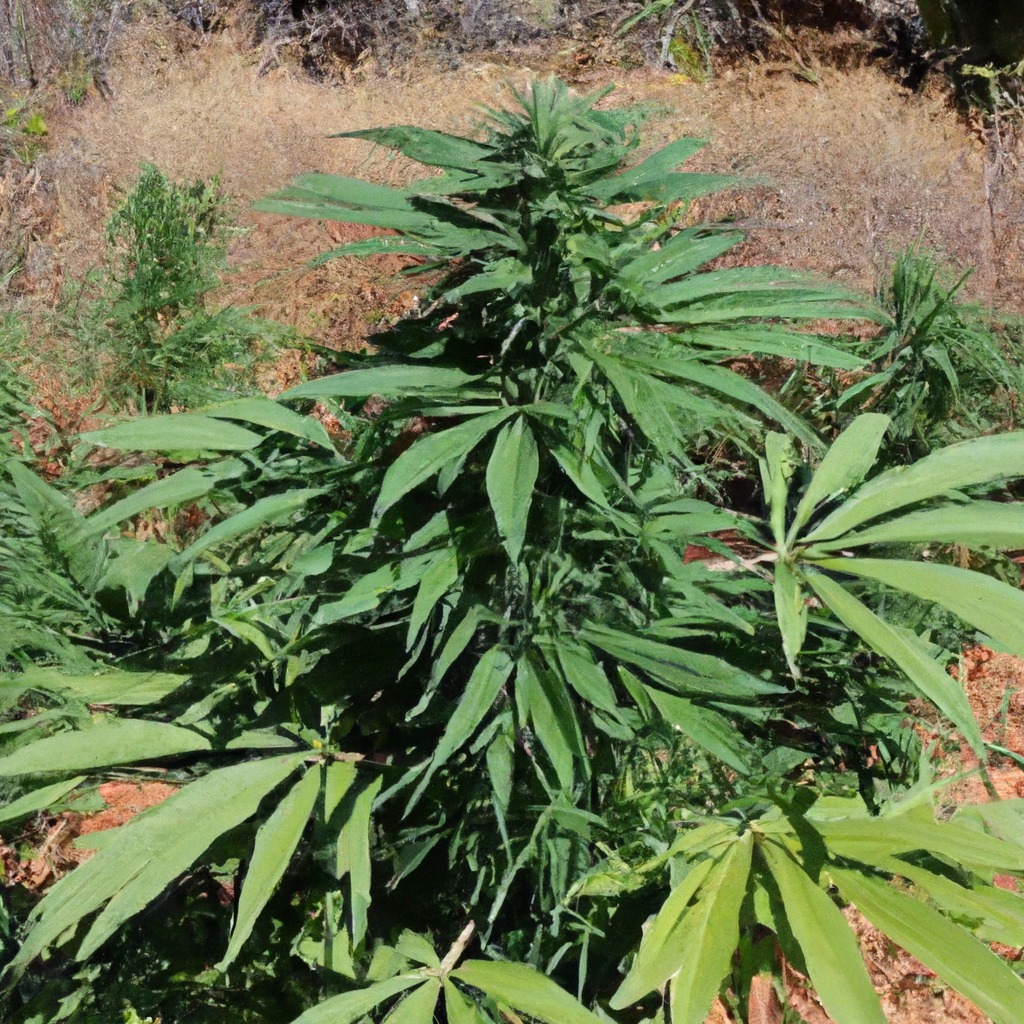Your cart is currently empty!
Organic cannabis cultivation is a growing trend among enthusiasts and professionals alike. As consumers become more conscious of the impact of agricultural practices on the environment and health, the demand for organically grown cannabis continues to rise. In this article, we delve into the best practices for organic cultivation, exploring the benefits and techniques that make it a sustainable choice for both growers and the planet.
Why Choose Organic Cannabis?
Organic cannabis farming is not just a trend but a commitment to producing high-quality, environmentally friendly products. Here are some reasons why cultivators are opting for organic methods:
- Health Benefits: Organic methods avoid the use of synthetic chemicals, leading to cleaner plants without harmful residues.
- Environmental Impact: By using natural fertilizers and pest controls, growers minimize their ecological footprint and promote biodiversity.
- Enhanced Flavor and Aroma: Many users report that organic cannabis offers more nuanced flavors and aromas.
Essential Components of Organic Cultivation
Successful organic cannabis growing hinges on several key practices. Here’s what you need to know to get started:
1. Soil Health
Healthy soil is the backbone of organic cultivation. Using rich, living soil full of beneficial microbes improves nutrient uptake and plant health. Composting and mulching are recommended practices for maintaining soil fertility.
2. Natural Fertilizers
Organic is all about using natural amendments. Ingredients like worm castings, bat guano, and fish meal provide essential nutrients without relying on chemicals that can harm the environment.
3. Integrated Pest Management (IPM)
IPM involves using natural predators like ladybugs and implementing crop rotation to fend off pests, reducing the need for harmful pesticides.
4. Water Management
Efficient water use is crucial. Organic growers often use drip irrigation systems to conserve water and ensure the even distribution of moisture to plants.
Steps to Transition to Organic Cultivation
If you’re considering making the switch to organic, here’s a simple guide to help you transition:
- Research and Plan: Understand the basics of organic practices and plan your cultivation schedule around them.
- Start Small: Begin with a small plot to test your organic techniques before scaling up.
- Monitor and Adjust: Keep track of your plants’ health and be ready to adjust your practices as needed.
- Seek Community Support: Join organic farming networks or forums for additional advice and support from experienced growers.
Conclusion
Organic cannabis cultivation represents a shift towards sustainable and responsible growing practices. By focusing on soil health, natural fertilizers, integrated pest management, and efficient water use, growers can produce high-quality cannabis that benefits both consumers and the environment. Whether you’re an experienced cultivator or a curious beginner, taking the organic path can lead to a rewarding and environmentally friendly harvest.
Organic practices not only help protect the planet but also enhance the overall quality of your crop, making it a journey worth embarking on.
Tags: OrganicGrowing, CannabisCultivation, HealthBenefits, NaturalCultivation, EnvironmentalImpact
Discover more from Magic Clones
Subscribe to get the latest posts sent to your email.


Leave a Reply